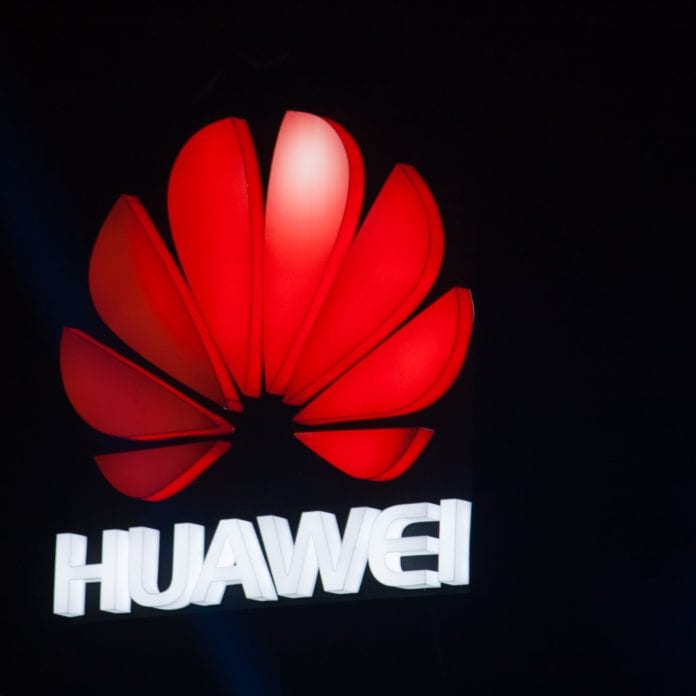The Chinese vendor said it will only participate in tender process for the provision of 5G RAN
Chinese vendor Huawei will not take part in the bidding process to build core 5G networks in New Zealand, local press reported Huawei New Zealand’s deputy CEO, Andrew Bowater, as saying.
Huawei said that “it’s not worth the hassle” to take part in this process as the New Zealand authorities were considering the possibility of banning the vendor.
However, Huawei will focus on taking part in tenders for the provision of radio access networks (RAN) components for local carriers.
Bowater also denied that Huawei could pose any security threat with the deployment of 5G equipment. If the New Zealand government were to block Huawei from bidding for 5G contracts, consumers would ultimately pay the price, the executive added.
In August, Australian authorities announced a decision to prevent certain vendors from taking part in the rollout of 5G mobile networks across the country, effectively banning Chinese companies Huawei and ZTE from involvement.
Huawei said the decision by the Australian government to block the company from the country’s domestic 5G market is politically motivated and not the result of a fact-based decision-making process.
Also in August, U.S. President Donald Trump signed the National Defense Authorization Act, or NDAA, which includes new regulations that ban government agencies doing business with Chinese vendors Huawei and ZTE. The bill prohibits the U.S. government and its contractors from buying certain telecommunications and video surveillance equipment from Huawei, ZTE and other Chinese communications companies. The ban covers components and services deemed “essential” or “critical” to any government system.
Meanwhile, some U.S. lawmakers urged the Canadian government to ban Huawei from providing 5G gear to Canadian carriers over security allegations. Republican Senator Marco Rubio and Democratic Senator Mark Warner, vice-chair of the intelligence committee, said that allowing Huawei into Canada’s 5G wireless infrastructure network could interfere with intelligence sharing between key allies and impair cross-border co-operation in telecommunications between U.S. and Canadian firms.
However, Prime Minister Trudeau said that he does not want politics to interfere in the decision to select vendors for the deployment of 5G networks in Canada, the Globe and Mail reported. Trudeau also said that he trusts the ability of Canada’s spy agencies to mitigate any potential security risks.

